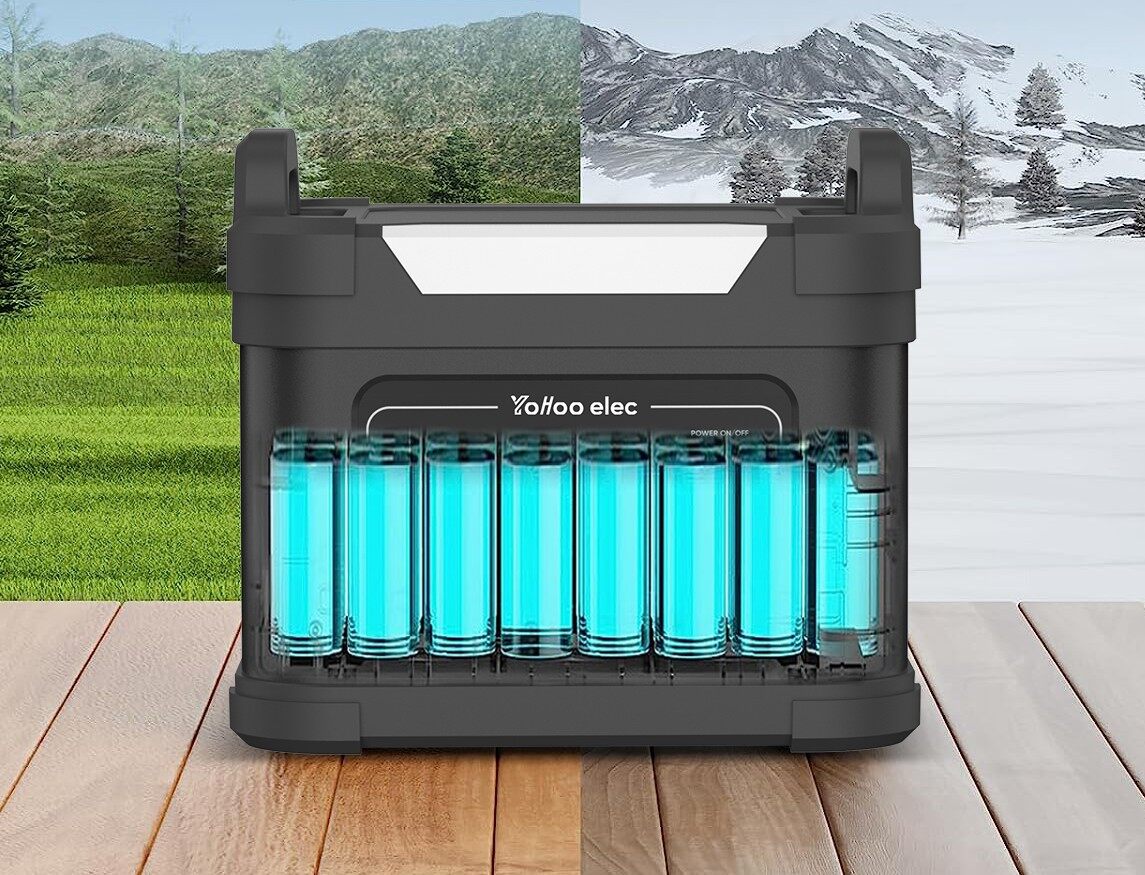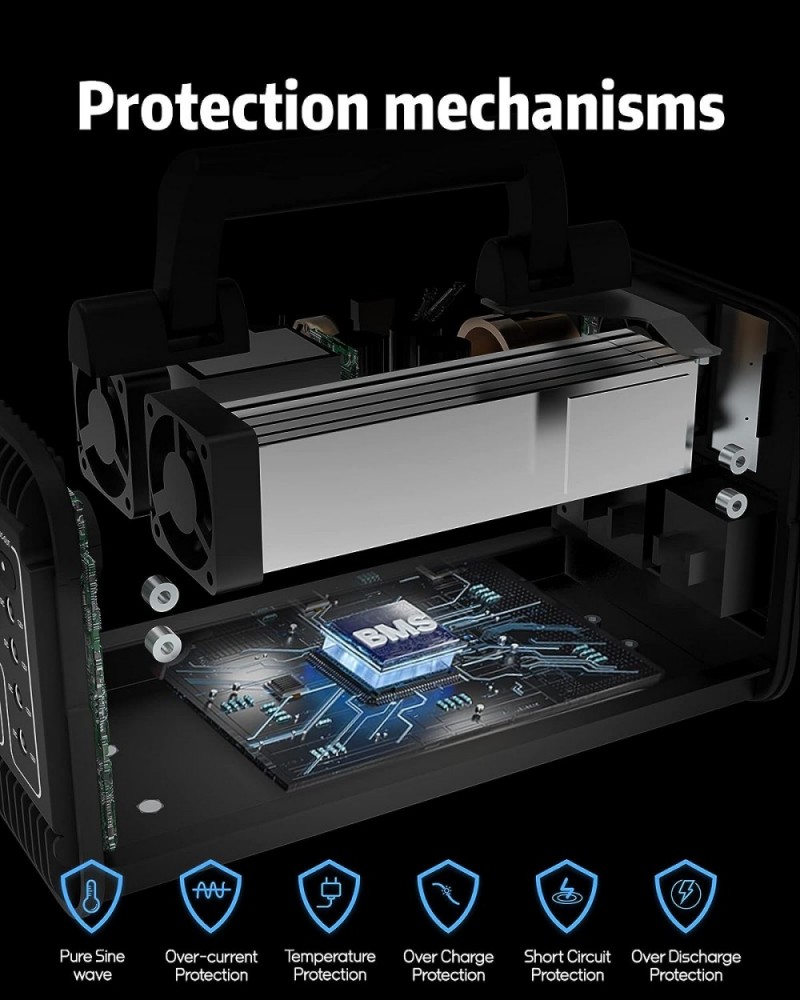

Lithium-ion (Li-ion) batteries have become increasingly popular in recent years, powering a wide range of portable devices, including smartphones, laptops, and even electric vehicles. One particular application where Li-ion batteries have gained significant attention is in portable power stations. These portable power stations are essentially large-capacity battery packs that can provide electricity on the go, making them ideal for camping trips, outdoor events, or emergency power backups.
One of the most common questions that arise when considering a portable power station is, "How long do the Li-ion batteries last?" To answer this question, we need to consider several factors that can affect the lifespan of these batteries.
1. Cycle Life: Li-ion batteries have a limited number of charge-discharge cycles they can undergo before their capacity starts to degrade. A cycle is defined as a full discharge and recharge of the battery. The typical cycle life of a Li-ion battery used in portable power stations can range from 500 to 1000 cycles, depending on the quality of the battery and how it is used. The Yohoo Elec is rated for 3,000 cycles before storage capacity diminishes to 80%. Keep in mind the portable power station will still function as normal. It will just require recharging after a 20% shorter length of time.
2. Depth of Discharge: The depth of discharge (DoD) refers to the amount of battery capacity that is used before recharging. Li-ion batteries tend to last longer if they are not fully discharged during each cycle. For example, if you consistently discharge the battery to 50% before recharging, it will generally last longer compared to discharging it to 80% or 90%. Therefore, it's recommended to avoid deep discharges and aim for shallow discharge cycles to prolong the battery's lifespan.
3. Operating Conditions: The operating conditions, such as temperature and humidity, can also impact the lifespan of Li-ion batteries. Extreme temperatures, both hot and cold, can accelerate the battery's degradation process. It's important to store and use the portable power station within the recommended temperature range specified by the manufacturer to ensure optimal battery performance and longevity.
4. Maintenance and Care: Proper maintenance and care can significantly extend the lifespan of Li-ion batteries. Avoid exposing the batteries to extreme temperatures, moisture, or physical damage. Regularly clean the battery terminals and ensure a clean and dry storage environment when not in use. Additionally, following the manufacturer's guidelines on charging and discharging procedures can help maintain the battery's health.
5. Battery Capacity: Over time, the battery's capacity will naturally decrease due to chemical reactions occurring within the battery cells. This gradual decrease in capacity is known as capacity fade. However, even after several years of use, Li-ion batteries in portable power stations should still retain a significant portion of their original capacity, allowing them to provide reliable power for an extended period.
In conclusion, the lifespan of Li-ion batteries used in portable power stations can vary depending on factors such as cycle life, depth of discharge, operating conditions, maintenance, and battery capacity. However, it's important to note that individual usage patterns and maintenance practices can greatly influence the battery's lifespan. By following best practices and taking proper care of the battery, users can maximize its longevity and ensure reliable power for their portable power station.
Email cannot be empty
Password cannot be empty
Email format error
Email cannot be empty
Email already exists
6-20 characters(letters plus numbers only)
The password is inconsistent
Email format error
Email cannot be empty
Email does not exist
6-20 characters(letters plus numbers only)
The password is inconsistent